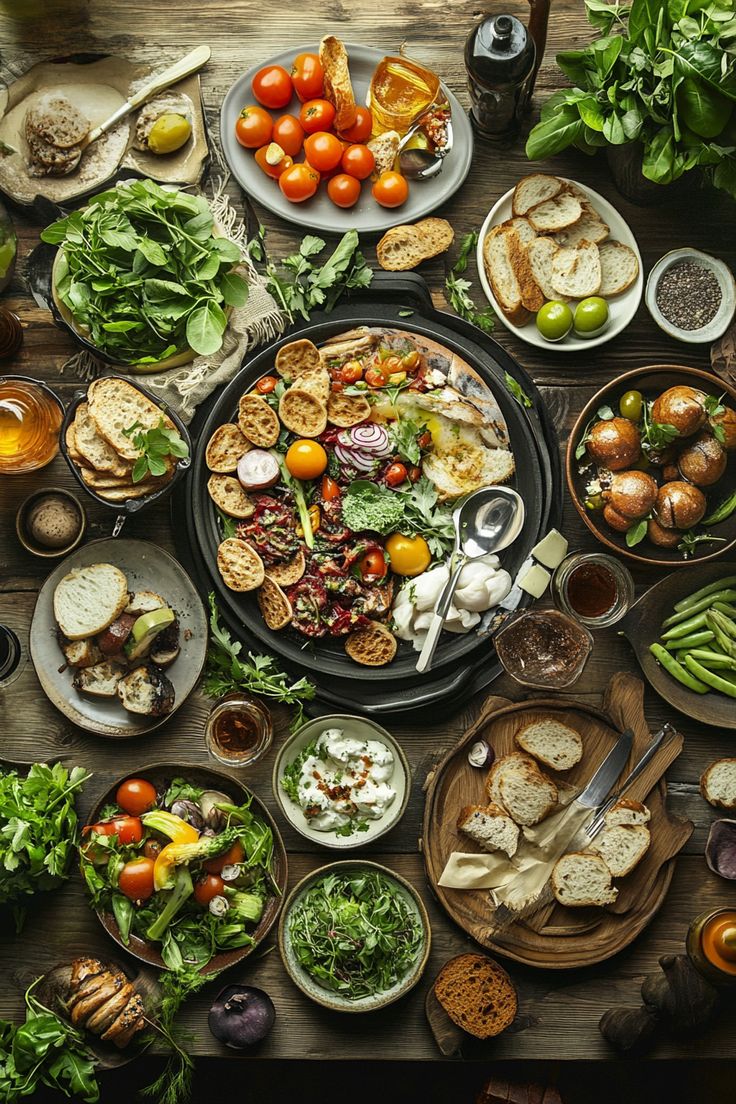Eastern Cuisine Heritage
Discover the rich history, diverse traditions, and fascinating stories behind the culinary arts of the East. From ancient cooking techniques to modern innovations, Eastern cuisine represents thousands of years of cultural evolution and culinary mastery.
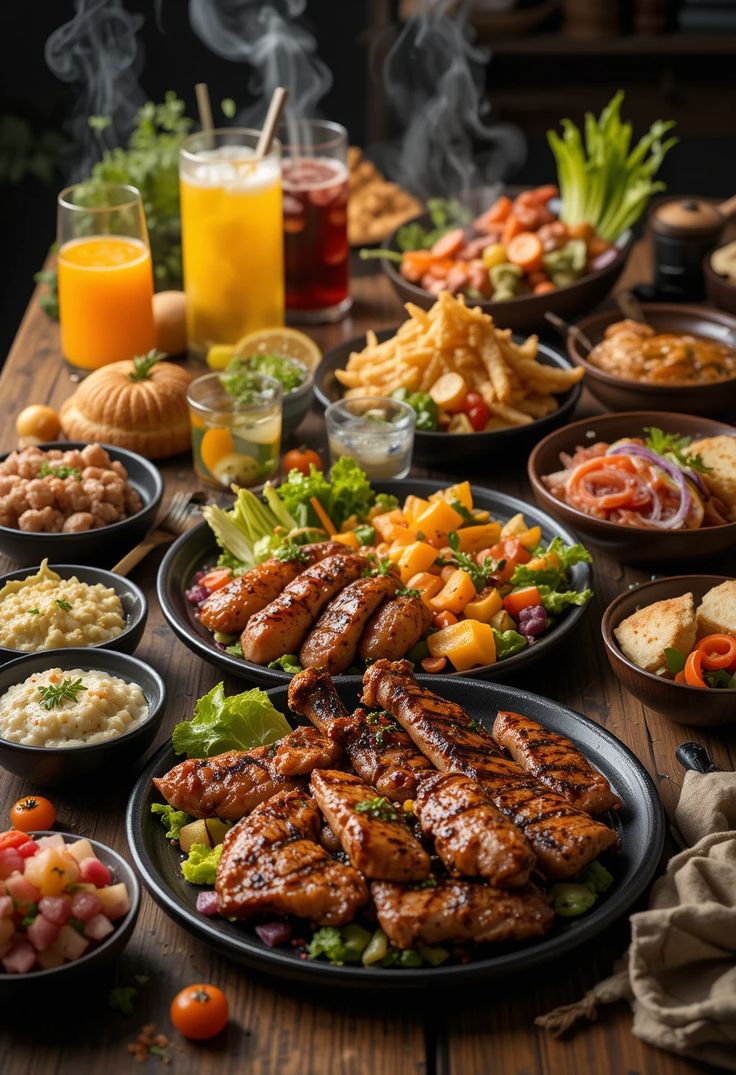
Regional Traditions
Each region of the East has developed its own unique culinary identity, shaped by geography, climate, and cultural influences.
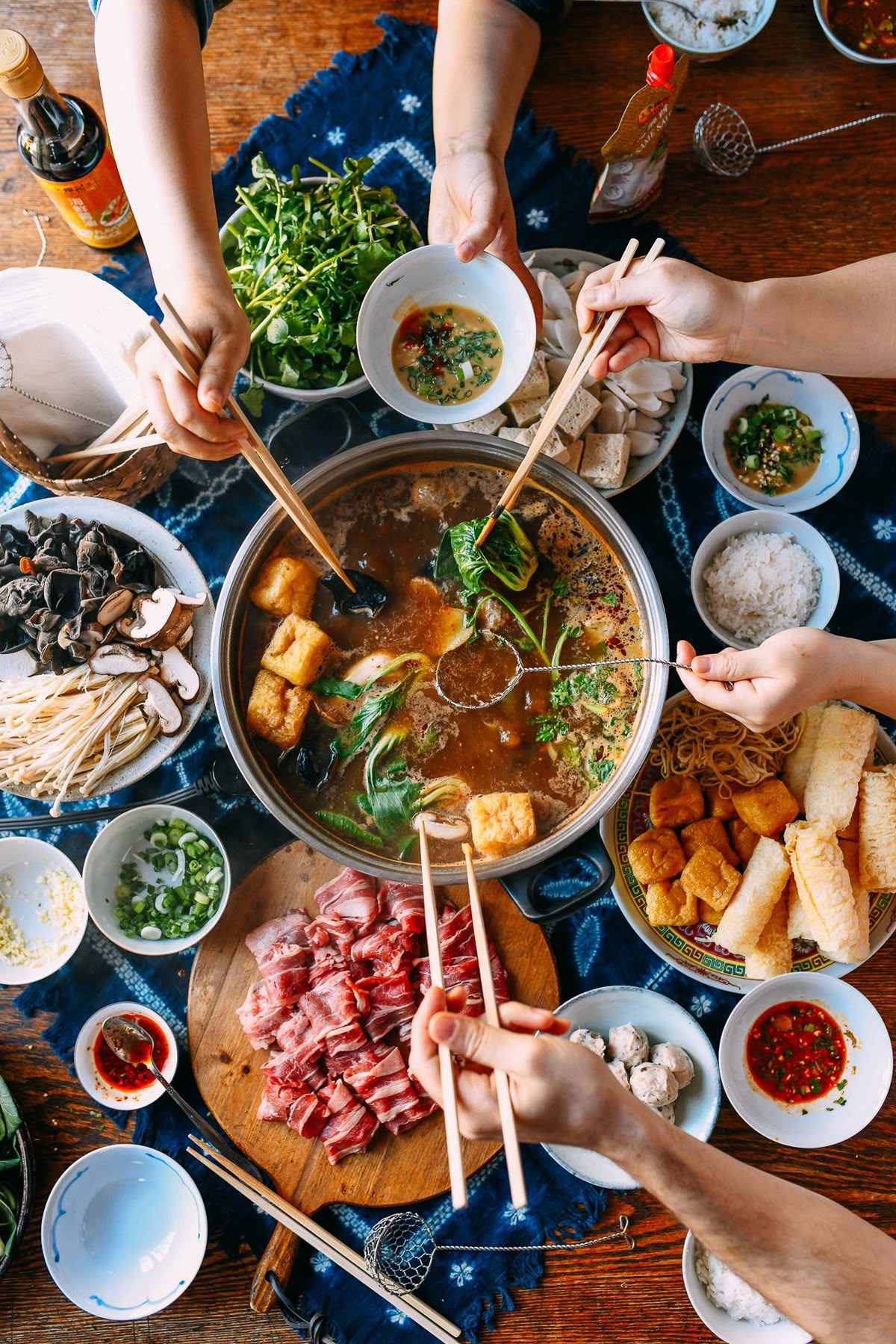
Chinese Cuisine
One of the world's oldest culinary traditions, emphasizing balance, harmony, and the use of fresh ingredients.
Key Characteristics:
- Over 5000 years of history
- 8 major regional styles
- Philosophy of Yin and Yang in cooking
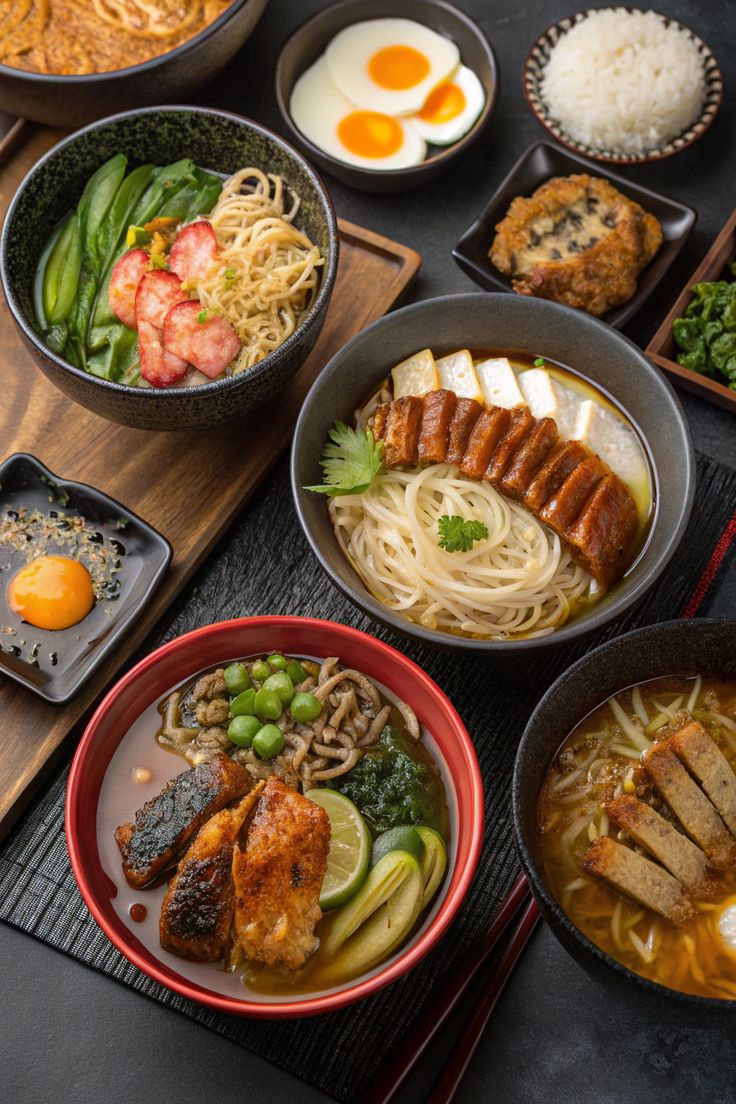
Japanese Cuisine
Known for its emphasis on seasonality, quality ingredients, and beautiful presentation.
Key Characteristics:
- UNESCO Intangible Cultural Heritage
- Emphasis on umami flavor
- Seasonal ingredient focus
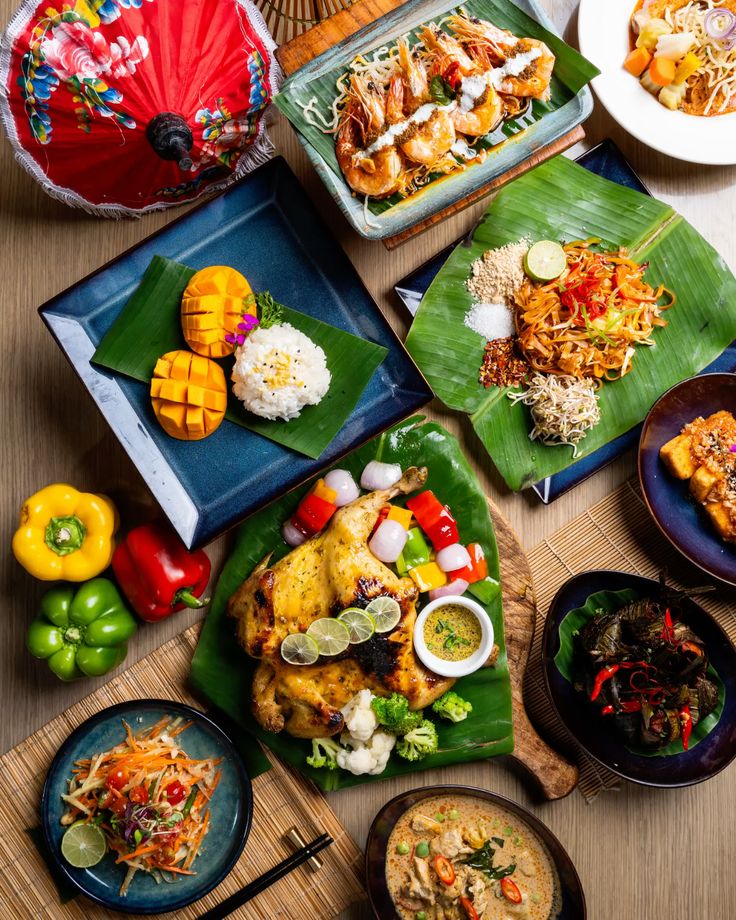
Thai Cuisine
Famous for its bold flavors, aromatic herbs, and perfect balance of sweet, sour, salty, and spicy.
Key Characteristics:
- Balance of 4 fundamental tastes
- Heavy use of fresh herbs
- Influenced by neighboring countries
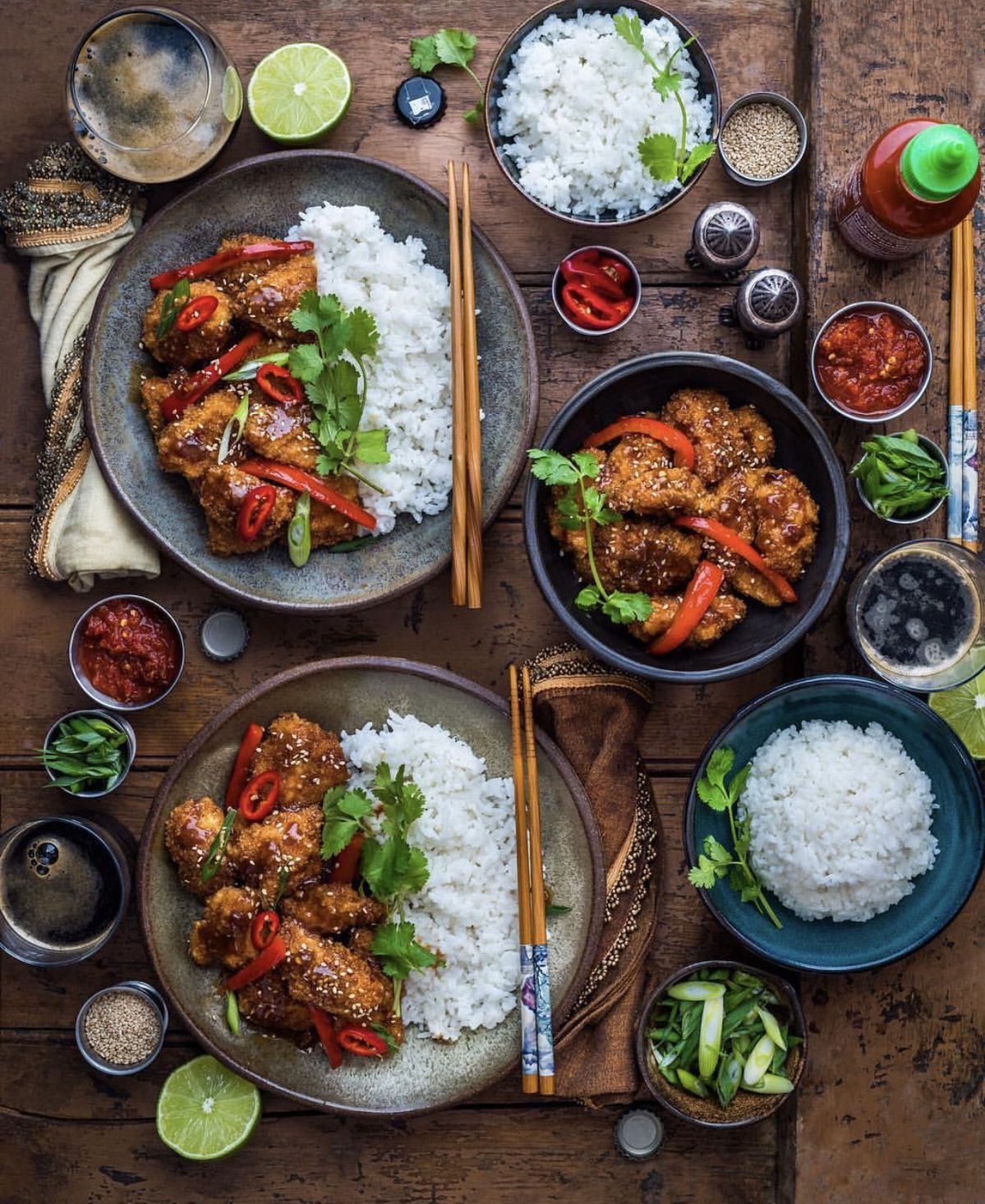
Korean Cuisine
Characterized by fermented foods, bold flavors, and the extensive use of vegetables.
Key Characteristics:
- Fermentation techniques
- Banchan side dish culture
- Health-focused ingredients
Fascinating Facts
Discover amazing facts about Eastern cuisine that showcase its rich history and cultural significance.
Ancient Origins
Eastern cuisine dates back over 5,000 years, with some cooking techniques still used today unchanged from ancient times.
Global Influence
Eastern cuisine has influenced cooking styles worldwide, with techniques like stir-frying and steaming now common globally.
Chopstick Culture
Chopsticks were invented in China around 5,000 years ago and are now used by over 1.5 billion people daily.
Tea Ceremony
The art of tea preparation in Eastern culture is considered a form of meditation and has influenced dining etiquette worldwide.
Philosophy & Principles
Eastern cuisine is built on fundamental principles that go beyond mere cooking. It's a philosophy that emphasizes balance, harmony, and respect for ingredients.
Balance of Flavors
Sweet, sour, salty, bitter, and umami work together in perfect harmony
Seasonal Cooking
Using ingredients at their peak season for maximum flavor and nutrition
Mindful Preparation
Every step of cooking is done with intention and respect for the ingredients
Health & Wellness
Food as medicine, with ingredients chosen for their health benefits
